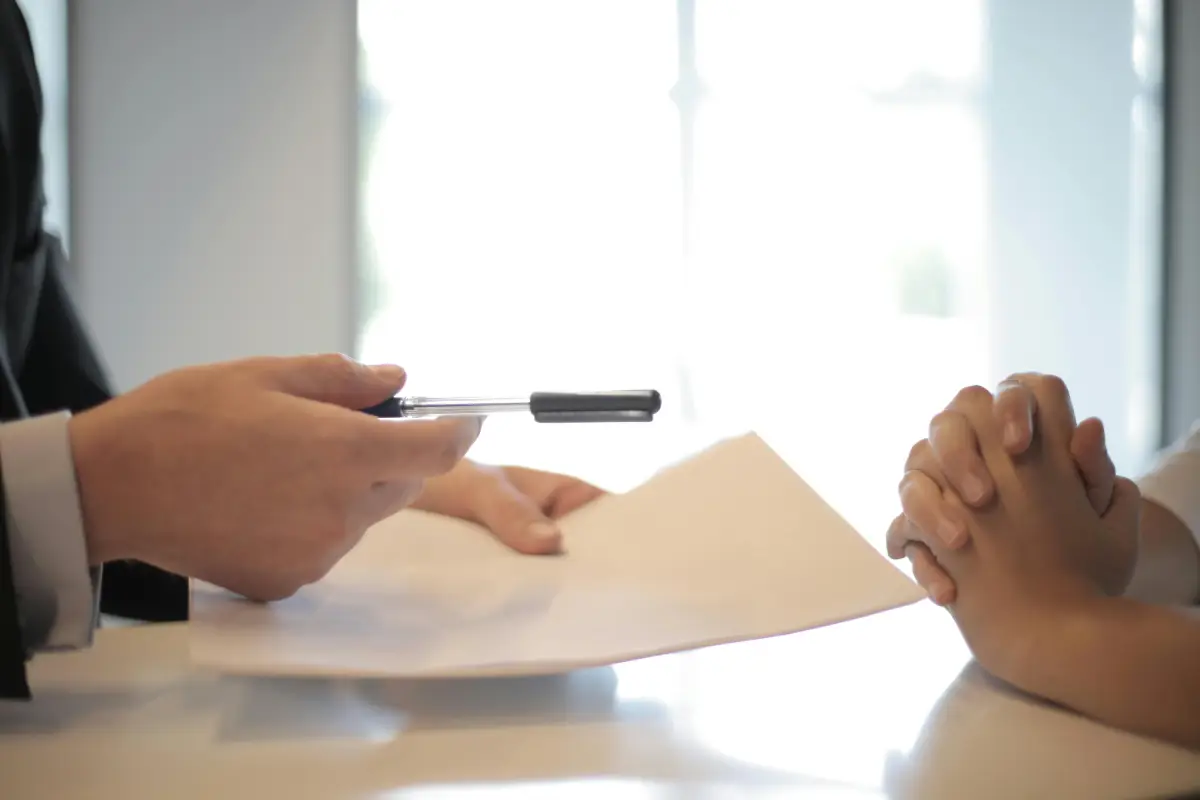
Inheritance Tax is the tax on an estate – the money, possessions and assets – of a person who has died.
If you have savings or investments, property, or other assets that you want to bequeath to your family or friends when you die, you will need to consider that some tax may be payable.
Our guide tells you everything you need to know about Inheritance Tax.
Inheritance Tax rates and limits
The standard Inheritance Tax rate is 40 per cent. However, it is only charged on the portion of your estate that is above the £325,000 exemption.
For example, if your estate is worth £400,000, you would only pay tax on £75,000 (£400,000 minus the threshold of £325,000). £30,000 of tax would be payable.
From April 2017 you will get a bigger Inheritance Tax threshold if you give away your main home to your children (including adopted, foster or stepchildren) or grandchildren. This is in addition to the current £325,000 nil-rate band.
Inheritance Tax is paid from your estate, and the person dealing with your estate (the executor of your will, if you have one), will pay the tax to HM Revenue and Customs (HMRC).
Reliefs you can use to reduce the amount of Inheritance Tax that you pay
While Inheritance Tax is payable on the value of your estate over £325,000 – plus the additional ‘main residence’ exemption – there are ways in which you can reduce the amount of tax potentially payable.
Firstly, married couples and civil partners are allowed to pass their entire estate to their spouse tax-free when they die. In other words, the surviving spouse can inherit the entire estate without having to pay Inheritance Tax.
In addition, there are other ways of ‘gifting’ that can reduce your Inheritance Tax liability. A ‘gift’ can include anything that has a value, including money, property or possessions. It can also include a loss in value when an asset is transferred: for example if you sell your house to your child for less than it is worth, the difference in value is a ‘gift’.
Some Inheritance Tax gift exemptions include:
- Exempted gifts – You don’t normally pay Inheritance Tax on small gifts that you make out of your normal income, such as Christmas or birthday presents.
- Gifts between spouses/civil partners – You can give your spouse or civil partner as much as you like during your lifetime, as long as they are a permanent UK resident.
- Annual exemption – You can give away £3,000 worth of gifts each tax year. You can carry any unused annual exemption forward to the next year (but only for one year).
- Wedding or civil ceremony gifts – Each tax year you can make a wedding or civil ceremony gift of up to £1,000 per person, rising to £2,500 for a grandchild or great-grandchild, and £5,000 for a child.
- Charity/political gifts – You can make unlimited gifts to UK charities, national museums, the National Trust, universities or political parties represented in Parliament (typically with more than 2 MPs).
- Small gifts – You can give as many gifts of up to £250 per person as you want during the tax year as long as you haven’t used another exemption on the same person.
For other gifts, you may have to pay Inheritance Tax if you die within seven years of making the gift. These are called ‘potentially exempt transfers’ (PETs). The tax rate payable is:
- 40% if you die within 3 years of making a gift
- 32% if you die within 3 and 4 years of making a gift
- 24% if you die within 4 and 5 years of making a gift
- 16% if you die within 5 and 6 years of making a gift
- 8% if you die within 6 and 7 years of making a gift
If you die within seven years of making a PET, the PET is also added to your estate to work out how much tax is due. If the seven-year running total of PETs, chargeable gifts and your estate comes to less than the unused tax-free allowance, no Inheritance Tax will be due.


